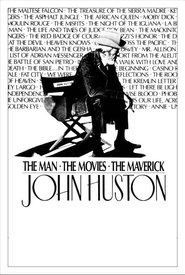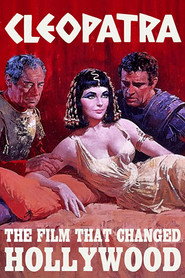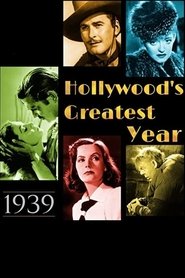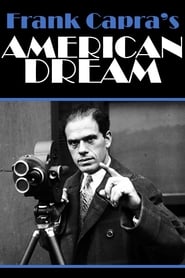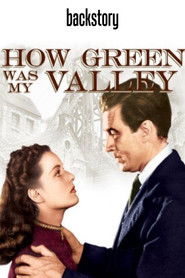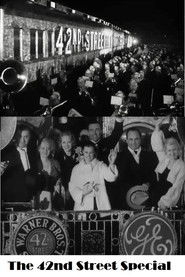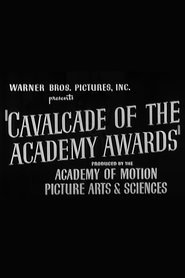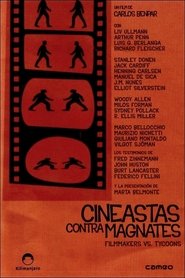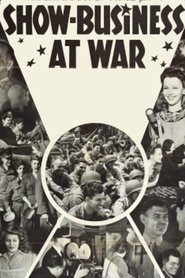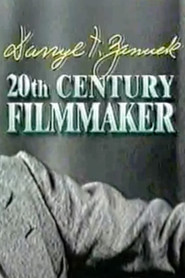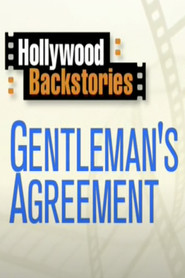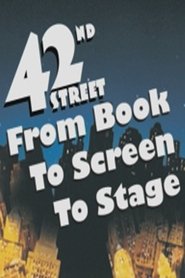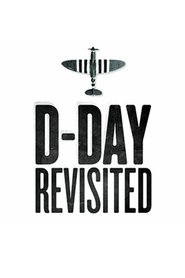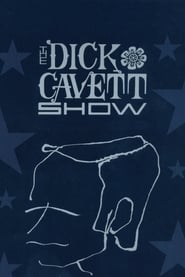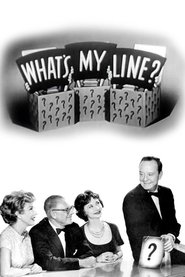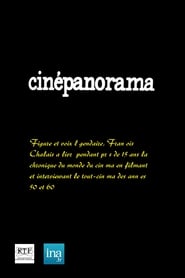Darryl F. Zanuck
Darryl Francis Zanuck (September 5, 1902 – December 22, 1979) was an American film producer and studio executive; he earlier contributed stories for films starting in the silent era. He played a major part in the Hollywood studio system as one of its longest survivors (the length of his career was rivaled only by that of Adolph Zukor). He produced three films that won the Academy Award for Best Picture during his tenure. Zanuck was born in Wahoo, Nebraska, the son of Sarah Louise (née Torpin), who later married Charles Norton, and Frank Harvey Zanuck, who owned and operated a hotel in Wahoo. He had an older brother, Donald (1893–1903), who died in an accident when he was only 9 years old. Zanuck was of partial Swiss descent, and raised a Protestant. At age six, Zanuck and his mother moved to Los Angeles, where the better climate could improve her poor health. At age eight, he found his first movie job as an extra, but his disapproving father recalled him to Nebraska. In 1917, despite being 15, he deceived a recruiter, joined the United States Army, and served in France with the Nebraska National Guard during World War I. Upon returning to the US, he worked in many part-time jobs while seeking work as a writer. He found work producing movie plots, and sold his first story in 1922 to William Russell and his second to Irving Thalberg. Screenwriter Frederica Sagor Maas, story editor at Universal Pictures' New York office, stated that one of the stories Zanuck sent out to movie studios around this time was completely plagiarized from another author's work. Zanuck then worked for Mack Sennett and FBO (where he wrote the serials The Telephone Girl and The Leather Pushers) and took that experience to Warner Bros., where he wrote stories for Rin Tin Tin and under a number of pseudonyms wrote over 40 scripts from 1924 to 1929, including Red Hot Tires (1925) and Old San Francisco (1927). He moved into management in 1929, and became head of production in 1931. In 1933, Zanuck left Warner Bros. over a salary dispute with studio head Jack L. Warner. A few days later, he partnered with Joseph Schenck to form 20th Century Pictures, Inc. with financial help from Joseph's brother Nicholas Schenck and Louis B. Mayer, president and studio head of Loew's, Inc and its subsidiary Metro-Goldwyn-Mayer, along with William Goetz and Raymond Griffith. 20th Century released its material through United Artists. During that short time (1933–1935), 20th Century became the most successful independent movie studio of its time, breaking box-office records with 18 of its 19 films, all profitable, including Clive of India, Les Miserables, and The House of Rothschild. After a dispute with United Artists over stock ownership, Schenck and Zanuck negotiated and used their studio to bring the bankrupt Fox studios in 1935 to create Twentieth Century-Fox Film Corporation. Zanuck was Vice President of Production of this new studio and took a hands-on approach, closely involving himself in scripts, film editing, and producing. ... Source: Article "Darryl F. Zanuck" from Wikipedia in English, licensed under CC-BY-SA 3.0.
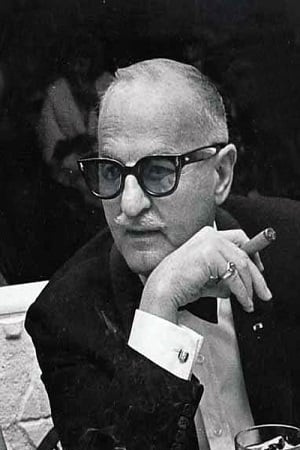
John Huston: The Man, the Movies, the Maverick
as Self (archive footage)Biography of risk-taker and raconteur John Huston from his childhood to become one of the most...
Movie pageRat Pack
as Self (archive footage)In the 1950s, a small group of artists monopolized the attention of the cameras and the public....
Movie pageCleopatra: The Film That Changed Hollywood
as Self (archive footage)Documentary about the making of 20th Century Fox's 1963 film "Cleopatra," then the most...
Movie page1939: Hollywood's Greatest Year
as Self (archive footage)This documentary focuses on 1939, considered to be Hollywood's greatest year, with film clips...
Movie pageFrank Capra's American Dream
as Self (archive footage)A documentary looking at the life and career of film director Frank Capra. Hosted by Ron Howard.
Movie pageBackstory: 'How Green Was My Valley'
as Self (archive footage)Documentary about how the creative energies of Darryl F. Zanuck and John Ford combined to forge...
Movie pageThe 42nd Street Special
as SelfAs part of a publicity campaign for the film 42nd Street (1933), Warner Bros. Pictures, with the...
Movie pageCavalcade of the Academy Awards
as SelfThis 1940 presentation features highlights of earlier (1928 onward) Oscar ceremonies including...
Movie pageFilmmakers vs. Tycoons
as Self (archive footage)How the cinema industry does not respect the author's work as it was conceived, how manipulates...
Movie pageShow-Business at War
as SelfA multi-studio effort to show the newsreel audience the progress of the Hollywood war effort.
Movie pageDarryl F. Zanuck: 20th Century Filmmaker
as Self (archive footage)A biography of Darryl F. Zanuck, mogul and the power behind 20th Century Fox throughout the...
Movie pageBackstory: 'Gentleman's Agreement'
as Self (archive footage)Darryl F. Zanuck ignores the protests of his peers and makes a movie about antisemitism called...
Movie page42nd Street: From Book to Screen to Stage
as Self (archive footage)Making-of documentary about the 1933 musical, 42nd Street.
Movie pageD-Day Revisited
as SelfDarryl F. Zanuck revisits the places where 'The Longest Day' had filmed, with excepts from the...
Movie pageThe Dick Cavett Show
as Self - GuestThe Dick Cavett Show has been the title of several talk shows hosted by Dick Cavett on various...
TV Show pageWhat's My Line?
as Self - Mystery GuestFour panelists must determine guests' occupations - and, in the case of famous guests, while...
TV Show page